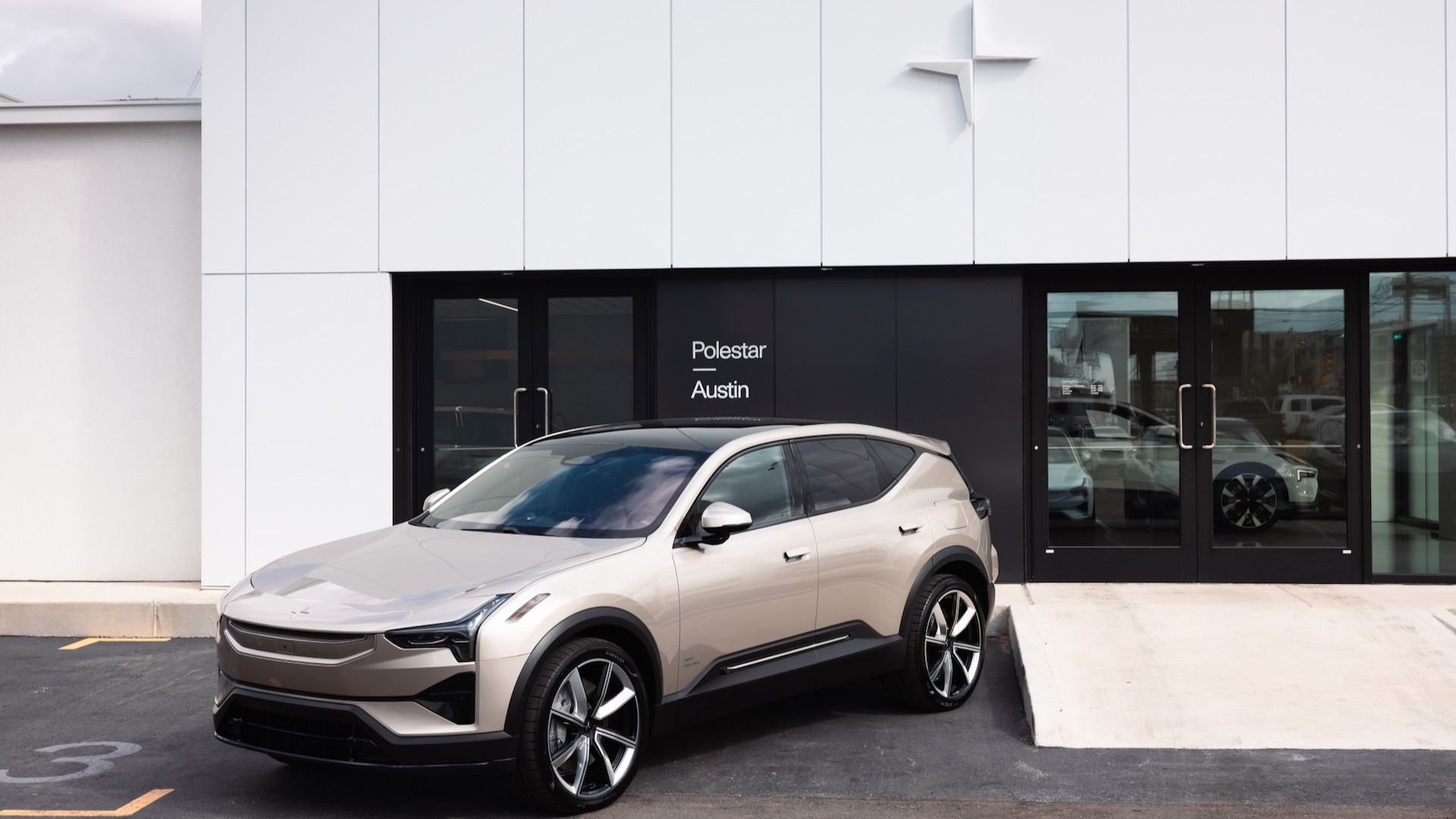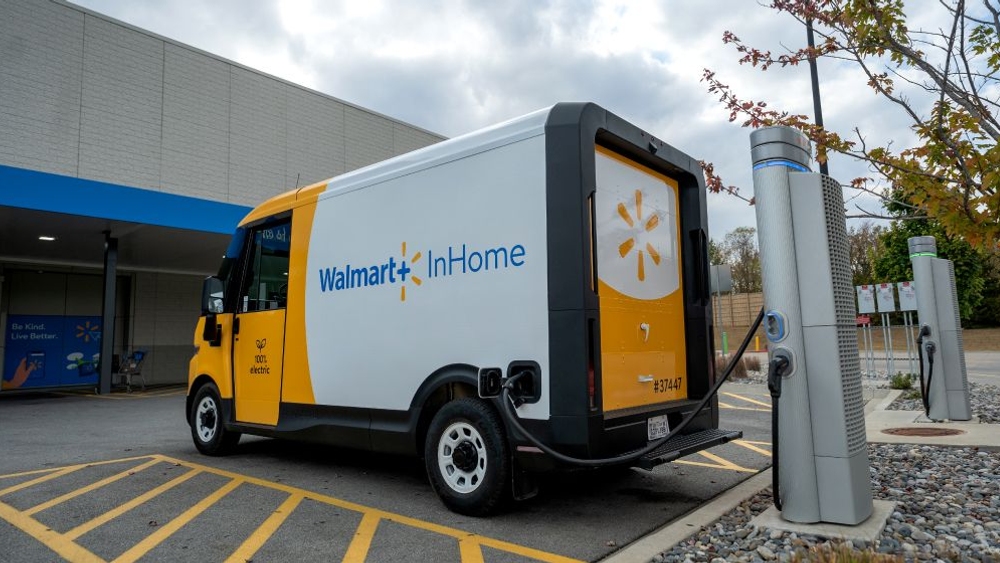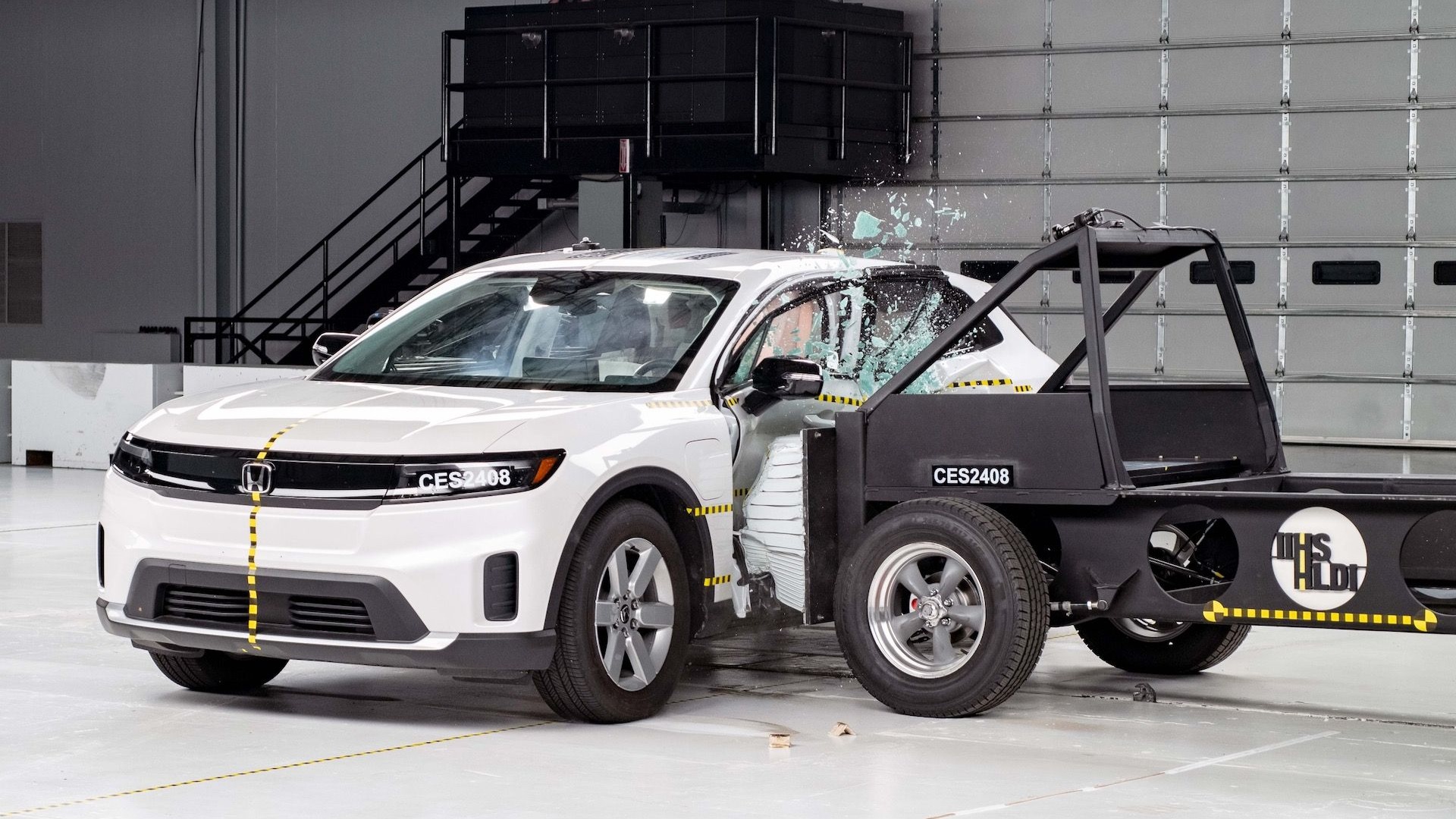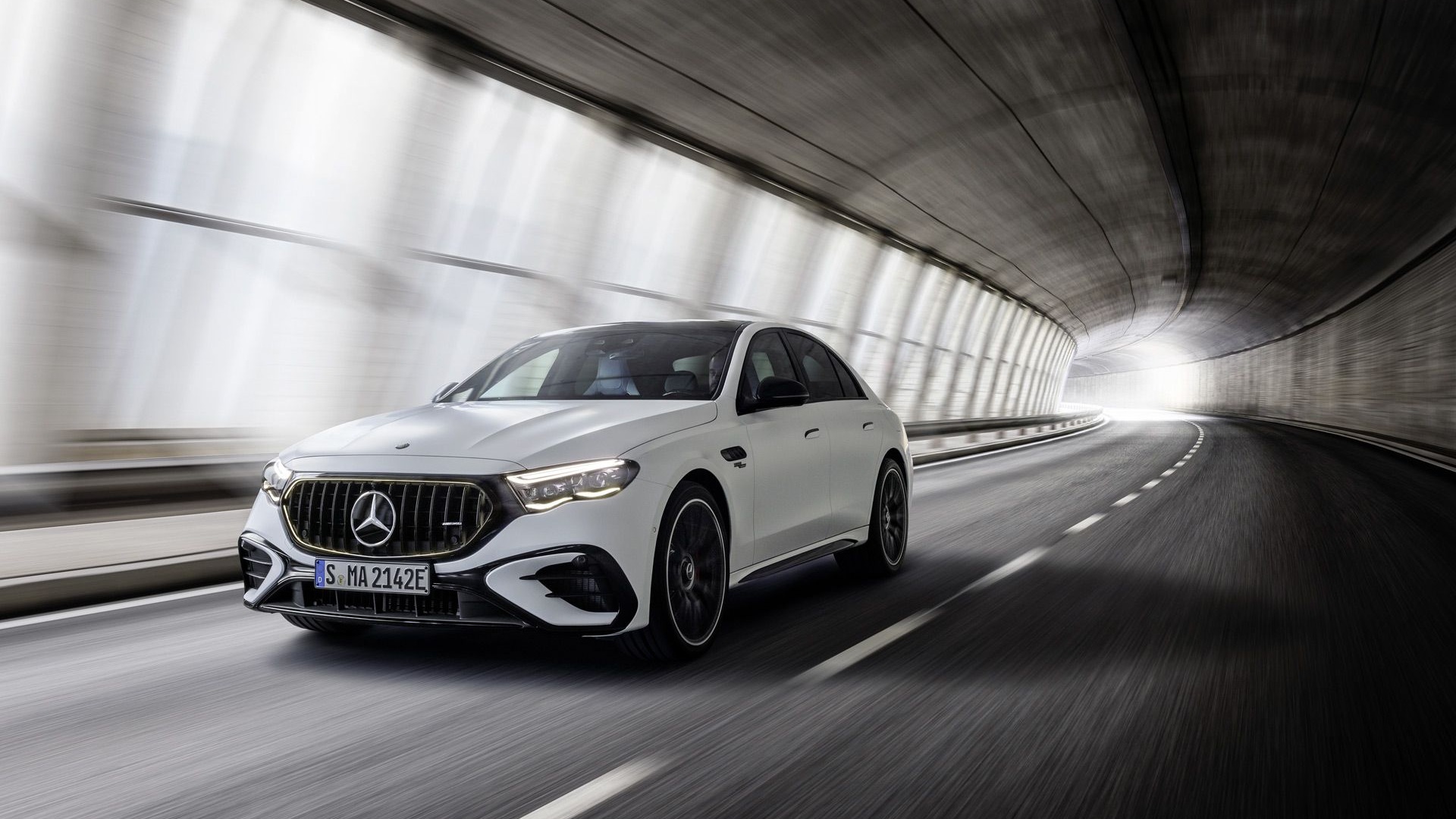Charging network EVgo has installed second-life batteries from two BMW i3s to its charging station in Union City, California, the company announced last week.
The two batteries each store 22 kwh of electricity to help balance the load on the power grid when electric cars are charging at peak times, according to a report in Charged EVs.
EVgo says they also store solar power produced during peak daylight hours to provide clean electricity for charging at night.
DON'T MISS: As used electric-car batteries set to flood market, Automakers ramp up reuse efforts
The batteries, contained in a single housing with a 30-kw inverter, help power two 50-kw DC fast chargers at the site in Union City, and help EVgo avoid demand charges from the utility to help keep costs down.
BMW donated the batteries.
The installation follows a successful pilot project at the University of California, San Diego, which has its own micro-grid power system.
READ THIS: PG&E, Tesla team up to boost battery backups for power grid
Automakers and other researchers are working on developing new uses for used electric car batteries, which have plenty of capacity to perform less demanding tasks once they have lost too much capacity for automotive use.
EVgo CEO Cathy Zoi says the company plans to continue rolling out battery storage at its public charging stations throughout the country.
“Our Union City station is just the start of EVgo’s work integrating advanced energy storage into our rapidly expanding fast charging network across the USA,” she said.
"Reusing batteries as backup for charging is a win-win for the economics and the environmental benefits of EVs...keeping fast charging of clean electric vehicles affordable and insulating the grid from spikes in electricity demand," said Austin Brown, executive director of the Policy Institute for Energy, Environment and the Economy at the University of California, Davis.












